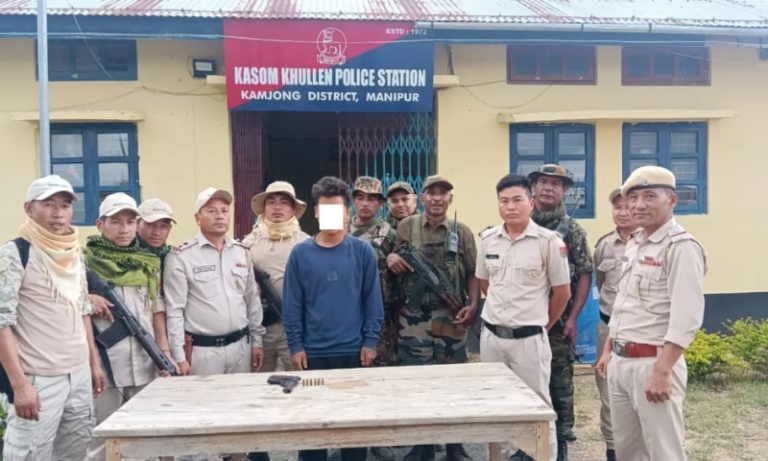Curfew Imposed in Jiribam Following New Clashes
Summary
A recent escalation of violence in Jiribam district, Manipur, led to an immediate curfew across the area. Authorities have restricted gatherings, barred carrying weapons, and ordered people to remain indoors. Exemptions apply only to essential services and security personnel. This decision follows concerns of potential widespread disturbances and risks to public safety, attributed to anti-social activities. The curfew is enforced to safeguard lives and property amid heightened tensions.
Full Article
Introduction
The recent imposition of a curfew in Manipur’s Jiribam district has intensified focus on the region’s escalating unrest. This response to fresh clashes aims to prevent further escalation and ensure public safety. In this article, we’ll explore the reasons behind the curfew, the implications for local residents, and how these measures are structured to address security concerns.
Why Was the Curfew Enforced?
The decision to implement a curfew stemmed from mounting tensions and the potential for widespread disruptions. According to officials, there was an imminent risk of riots, which could endanger both lives and property. Authorities acted swiftly, enacting restrictions under a framework of emergency powers to counter the instability.
Immediate Action for Public Safety
The order, issued by the District Magistrate of Jiribam, prohibits gatherings of more than five people and restricts movement. The rationale is clear: by limiting large assemblies, authorities aim to reduce the chances of unrest and violence. The mandate also bans firearms, sticks, or any item that could be used as a weapon, underscoring the seriousness of potential threats in the area.
Curfew Guidelines and Exemptions
The curfew restricts people from leaving their homes, with stringent guidelines on permissible activities. However, certain essential services and security functions are exempted. For example, government officials and law enforcement agencies tasked with maintaining order are allowed to operate within the restricted areas.
Residents requiring access to essential services, such as medical aid, can request permission. Likewise, individuals planning important events like weddings or funerals must obtain written authorization to proceed, ensuring public safety while accommodating necessary functions.
Anticipating Potential Disturbances
The curfew came on the heels of increasing anti-social activities in the district, with law enforcement foreseeing possible riots or large-scale disturbances. Authorities have identified unlawful activities as a significant threat, attributing the unrest to “anti-social elements” whose actions jeopardize peace and safety. This preemptive approach aims to curb disorder by maintaining tight control over movements within the district.
Implementing the Curfew: Law Enforcement’s Role
The District Magistrate’s order also mandates the Superintendent of Police to enforce the curfew. This coordination between administrative and security departments is pivotal for maintaining order. In tandem with law enforcement agencies, the administration is closely monitoring the situation, seeking to manage any potential flare-ups.
Community Impact and Reactions
Curfews inevitably impact the daily lives of residents. In Jiribam, locals are grappling with the restrictions, as movement is severely limited. Families and businesses alike are experiencing the strain of the curfew. Community leaders and residents have expressed mixed feelings, with some concerned about safety, while others worry about the restrictions’ impact on daily life.
Legal Basis for Curfew Imposition
Under local laws, authorities are empowered to enforce emergency measures to protect public order. This curfew, enacted under Section 163 of the BNSS, grants the District Magistrate authority to limit public gatherings and restrict movement to ensure safety.
FAQs
1. What is the purpose of the Jiribam curfew?
The curfew is intended to prevent violence and ensure public safety amid increasing unrest in the district.
2. Who is exempt from the curfew?
Essential service providers and security personnel are allowed to operate within the restrictions.
3. Are there restrictions on gatherings?
Yes, gatherings of five or more people are prohibited to reduce the likelihood of unrest.
4. How long will the curfew last?
The curfew is in place until further notice, depending on security assessments.
5. Can residents request movement permissions?
Yes, in emergencies or for essential activities, residents may apply for permission.

